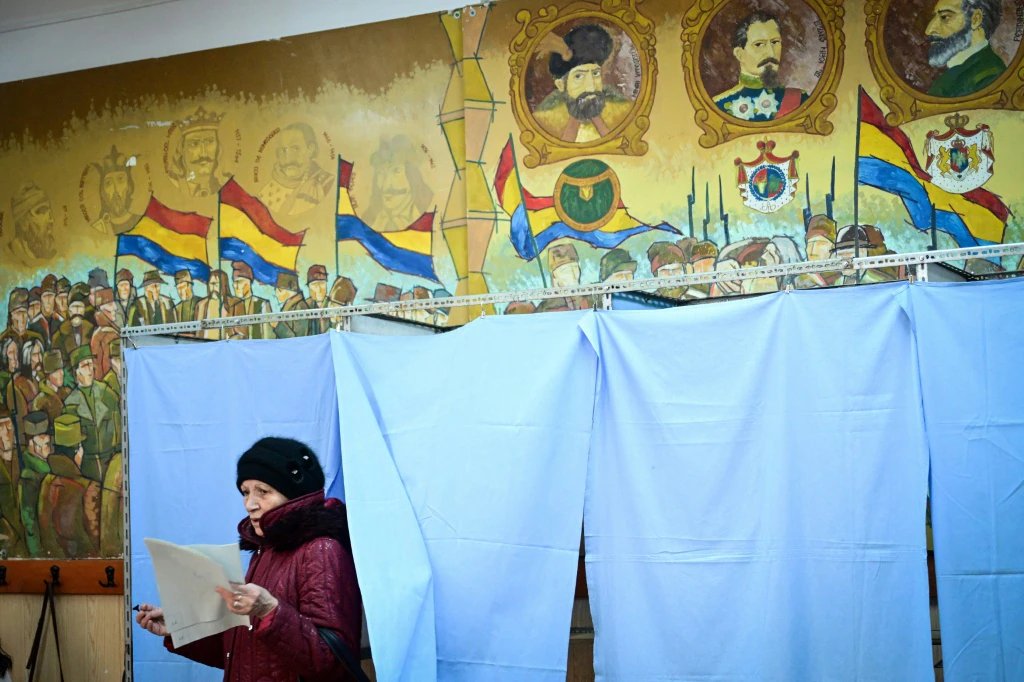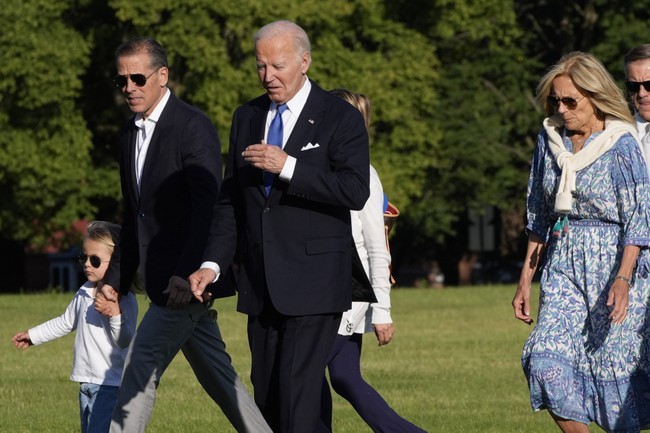Political Upheaval in Romania: Election Insights
Romania's recent elections have sparked intense political discourse, with significant implications for the nation's position within NATO and the EU amidst rising far-right influence.
Published December 03, 2024 - 00:12am

Image recovered from bssnews.net
The Romanian political landscape is experiencing a dynamic transformation following the recent parliamentary elections, where the Social Democrats (PSD) emerged victorious amidst a surge in far-right support. The partial results from the election revealed the PSD leading with 23.5 percent of the votes, while far-right parties collectively secured 30 percent, a substantial increase from their previous 10 percent in 2020. This electoral shift has resulted in a fragmented parliament, challenging the formation of a stable government.
Simultaneously, the presidential election's results are under scrutiny, with the far-right candidate, Calin Georgescu, emerging as the unexpected frontrunner. His success has fueled concerns among Western allies about Romania's potential policy shifts concerning its ties with NATO and the European Union. Political analyst Cristian Pirvulescu characterized the current parliament as extraordinarily fragmented, highlighting the challenges faced in forming a cohesive government.
Amidst rising socio-political tensions, voter turnout in these elections reached a two-decade high of over 52 percent, indicating heightened public engagement. The success of far-right parties, such as the Alliance for the Unity of Romanians (AUR) led by George Simion and other similar factions, signals a growing disenchantment with traditional political structures, exacerbated by escalating inflation and anxieties surrounding regional security dynamics due to the conflict in Ukraine.
Social Democrat Prime Minister Marcel Ciolacu emphasized the necessity of maintaining Romania's European orientation while safeguarding national identity and values. Efforts are now underway to establish a 'government of national unity' amongst pro-European factions, including those led by centrist figures like Elena Lasconi of the centrist USR.
The Constitutional Court of Romania has validated the presidential election's preliminary results, rejecting attempts to annul the vote due to alleged irregularities. Challenges persist as Georgescu, who aligns closely with Russian interests, faces accusations of campaign manipulation via social media platforms like TikTok. The looming possibility of protests and calls for transparency further complicate the political arena.
The parliamentary and presidential elections together underscore significant societal shifts in Romania, where frustrations over economic hardships and perceived governmental neglect amplify the appeal of nationalistic and euroskeptic rhetoric. This political climate also draws attention internationally, with countries like the United States closely observing Romania's electoral processes and their implications for regional stability.
As Romania navigates its political realignment, the interplay between pro-European and far-right factions will likely shape its domestic policies and international relations. The road ahead demands careful negotiation and compromise to reconcile diverse political interests and maintain Romania's strategic commitments to NATO and the EU.






